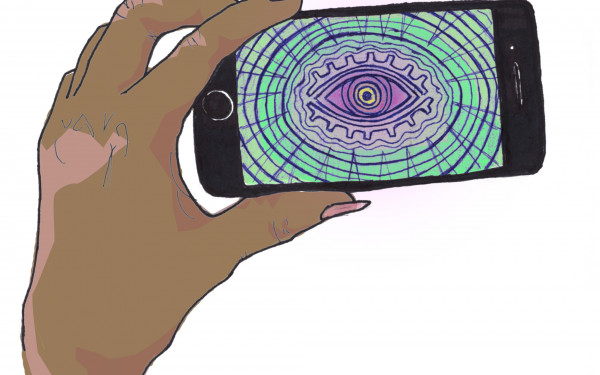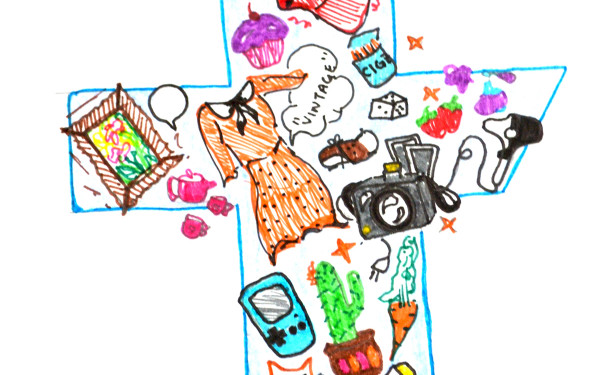The After- “Dream Life”
What’s Real When Social is Digital?
“I had the ‘dream life,’” Essena O’Neill says to her viewers with tearful eyes.
She seemingly had it all—sexy body, healthy lifestyle, 612,000 worshipping Instagram followers, and an income from all of it—but behind the screens, she was miserable.
O’Neill quit social media a week ago, an action that resonated virally. Re-captioning photos on her Instagram account, she explained how some required 100 shots for her stomach to finally look right, how she starved herself some days for photos and how other days the only thing that would make her feel good was likes she received.
She explained in her YouTube video “Why Quitting Social Media is a Good Idea” that she was “miserable,” depending on social media attention to feel loved.
“Everyone talked about you, watched you, stalked you, wanted to be you,” O’Neill said. But that wasn’t real life, and her followers weren’t real friends, so she quit.
Isn’t it odd that we use the term “quitting” about social media in the same way that we do for drinking or smoking? This is the right word, because we are in fact all addicted. Instagram, Facebook, Twitter, and Snapchat have become part of our daily routines. I wake up and check all these platforms before getting out of bed.
According to an article titled “Social Media Addiction: Statistics and Trends” by Shea Bennett, 18 per cent of social media users can’t go a few hours without checking Facebook and 28 per cent of iPhone users check their Twitter feed before getting up in the morning. However, some people are increasingly realizing the impact social media has on our relationships and daily lives.
One of the issues with the addiction is that we use social media platforms to prove ourselves—to express who we are and what we do. There’s a notion that an event didn’t happen unless we share photos or status updates about it for other people to see.
“Individuality is not meant to be proven by other people liking it,” said O’Neill.
Social media is an industry of cool. It’s shrinking us by letting ourselves be defined by numbers of likes. I’ve deleted an Instagram post because it didn’t have many likes, and I’m sure I’m not the only one who has. It’s normal to be self-conscious about what other people think, but obsessing about social media strengthens this insecurity.
I’ve often wanted to quit Facebook and Instagram, to exist more presently in the real world and live less on the screen. It’s hard, because by quitting these online platforms, we quit part of our society and its socialization process. It’s like when a smoker kicks the habit. They no longer take part in the social interaction of going for a smoke with friends.
So much is done online—plans are made through Facebook with events or groups. Photos and jokes are shared, creating “moments.” When you don’t have Instagram or Facebook to access those interactions you become an outsider.
O’Neill has been lauded for leaving the social media world and focusing on “real experiences” with “real people” that don’t communicate through screens. With her up-and-running website letsbegamechangers.com, she encourages people to take a step away from this world of screens and likes.
I don’t quite know if it’s revolutionary—and sure, it comes from yet another screen—but it’s definitely a step in the right direction.






